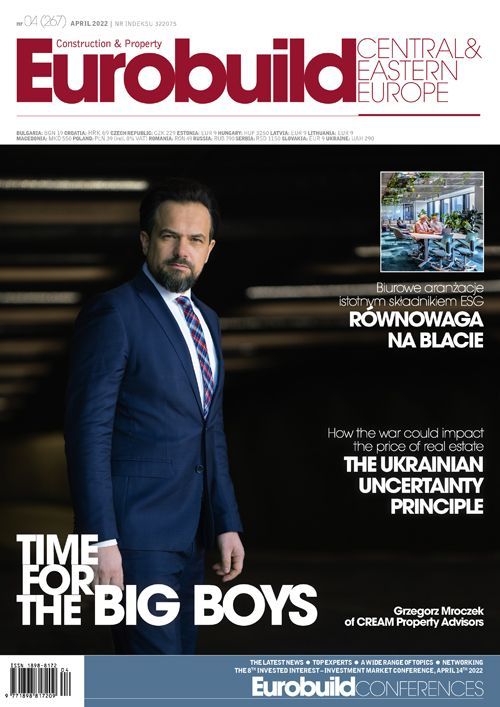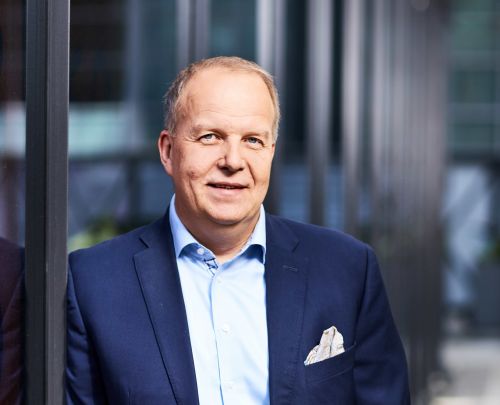So, who better to better to ask about what has changed since those early days than some of the expats who arrived back then and are still working on the market today? Except… they are no longer expats – by virtue of the fact that they are still here. Generally speaking, and according to the dictionary definitions you can look up, an expatriate is someone, who is often educated and with certain skills, who goes to work temporarily in another country, but unlike an immigrant, doesn’t stay there on a permanent basis or assimilate with the locals and their culture. I, for one, having been here for over two decades, would never call myself an expat – which might seem ironic, given my miserable failure to learn Polish so far. You can also find in some of the same dictionaries a secondary definition of expat: someone who has actually been expelled from their mother country. However, none of the people interviewed for this article fall into that second category; althou

























































